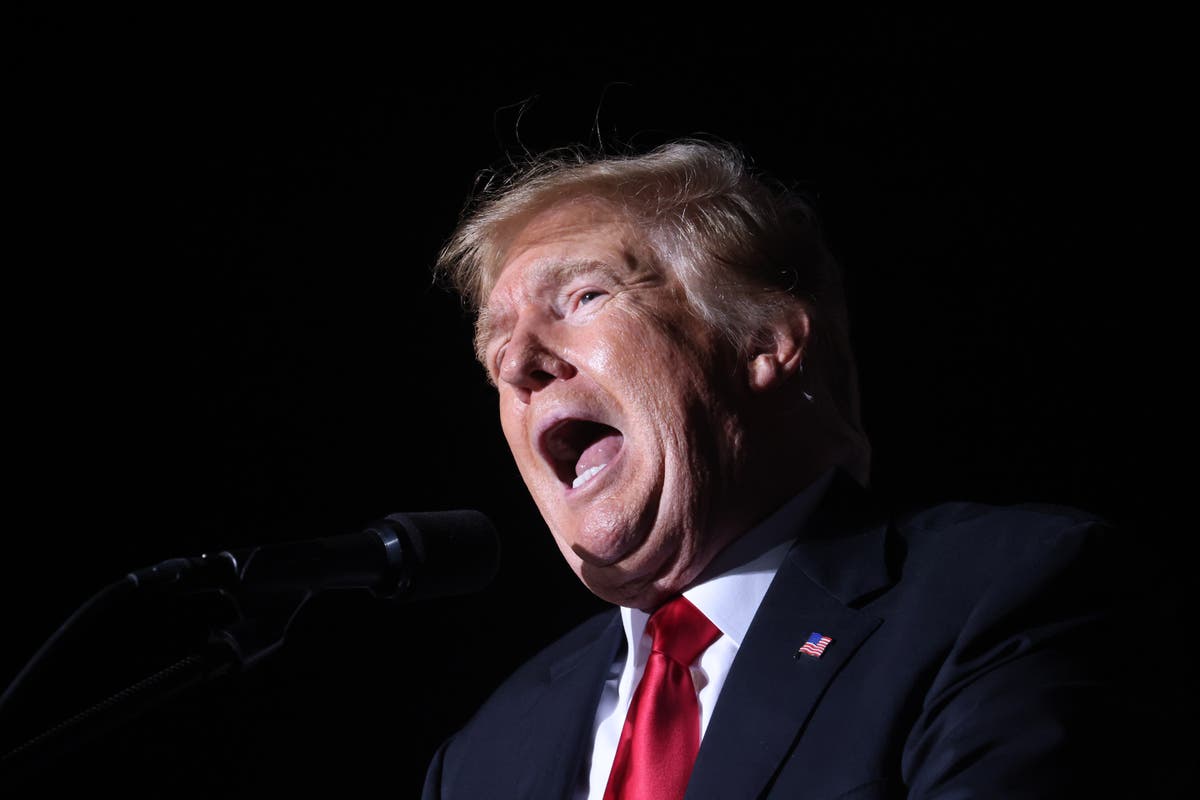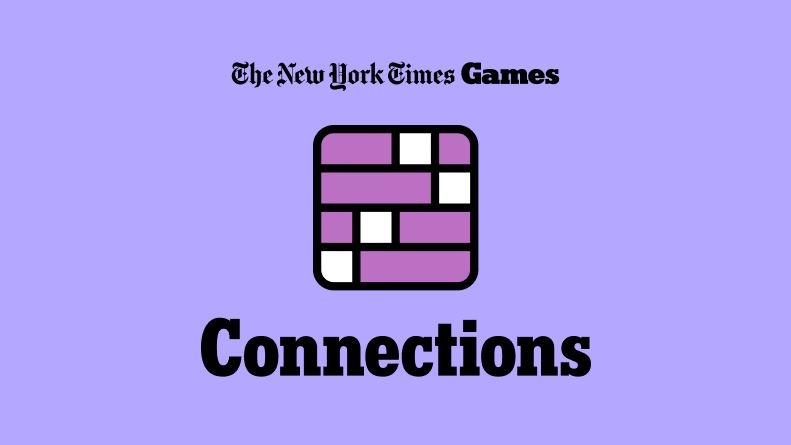Mark Zuckerberg's Challenges In A Post-Trump World

Table of Contents
The Ongoing Battle Against Misinformation and Political Manipulation
The legacy of the 2016 US Presidential election casts a long shadow over Meta. Criticisms regarding Facebook's role in the spread of misinformation and its impact on the election results continue to fuel intense debate and scrutiny. These Mark Zuckerberg's Challenges necessitate a multifaceted approach.
The Legacy of the 2016 Election
The 2016 election exposed vulnerabilities in Facebook's systems and highlighted the potential for malicious actors to exploit its platform for political manipulation. This led to:
- Increased scrutiny of algorithms and content moderation policies: Meta's algorithms, designed to prioritize engagement, were criticized for inadvertently amplifying misleading and divisive content. Subsequent adjustments to these algorithms have been met with both praise and criticism.
- The need for greater transparency and accountability: Calls for greater transparency in Meta's content moderation processes and algorithm design have intensified. The company has attempted to address this through increased reporting and explanations of its policies, but skepticism remains.
- The ongoing debate about censorship and free speech: Striking a balance between protecting free speech and preventing the spread of harmful misinformation remains a significant challenge. Critics accuse Meta of censorship, while others argue it hasn't done enough to combat disinformation.
Combating Foreign Interference
The threat of foreign interference in elections and democratic processes through social media platforms persists. Sophisticated disinformation campaigns, often involving coordinated networks of fake accounts and bots, pose a significant challenge. Addressing this requires:
- The evolution of sophisticated disinformation campaigns: Foreign actors are constantly developing new techniques to circumvent content moderation efforts, making detection and removal increasingly difficult.
- The challenge of identifying and removing inauthentic accounts: Identifying and removing inauthentic accounts requires advanced technologies and human oversight, a process that is resource-intensive and constantly evolving.
- International cooperation in combating misinformation: Effective responses require international cooperation and collaboration between governments, tech companies, and civil society organizations to share information and coordinate efforts.
Navigating Increasing Regulatory Scrutiny and Antitrust Concerns
Meta faces a wave of regulatory scrutiny and antitrust concerns, stemming from its dominant market position and the perceived power of its platforms. These Mark Zuckerberg's Challenges are significant hurdles to navigate.
Antitrust Investigations and Lawsuits
Meta is embroiled in several antitrust investigations and lawsuits, raising concerns about monopolistic practices and the potential for stifling competition. Key concerns include:
- Potential breakups of Meta's various services (Facebook, Instagram, WhatsApp): Regulators are considering whether to force the breakup of Meta's various services to increase competition.
- The implications for competition in the tech industry: The outcome of these lawsuits will significantly impact the competitive landscape of the tech industry.
- The impact on Meta's business model and profitability: Successful antitrust actions could severely impact Meta's business model and profitability.
Data Privacy Regulations and Compliance
The growing wave of data privacy regulations globally (GDPR, CCPA, etc.) presents significant compliance challenges for Meta. This includes:
- The challenges of complying with varying international regulations: Navigating the complexities of complying with diverse international data privacy regulations requires substantial resources and expertise.
- The need for greater transparency regarding data collection and usage: Users demand greater transparency regarding how their data is collected, used, and shared.
- The potential for increased fines and penalties for non-compliance: Non-compliance can result in significant fines and penalties, further increasing the pressure on Meta.
Adapting to Evolving Social and Political Norms
Public perception of social media platforms and their role in society is shifting, presenting new Mark Zuckerberg's Challenges for Meta.
The Shift in Public Opinion
Concerns about mental health, polarization, and the spread of harmful content are driving increased demand for greater responsibility from social media companies. This includes:
- The increasing demand for greater responsibility from social media companies: Users and regulators alike expect Meta to take greater responsibility for the content shared on its platforms.
- The need for more effective content moderation strategies: More effective and nuanced content moderation strategies are needed to address the spread of harmful content without unduly restricting free speech.
- Building trust and repairing damaged relationships with users: Regaining user trust and repairing damaged relationships requires proactive engagement and a commitment to transparency and accountability.
Responding to Calls for Greater Accountability
Meta faces immense pressure to address issues of bias, hate speech, and harmful content, while balancing freedom of expression with the need for a safe online environment. This requires:
- Investing in more advanced AI-powered content moderation systems: Advanced AI systems can help automate content moderation, but human oversight remains crucial.
- Engaging with civil society organizations and experts: Collaboration with civil society organizations and experts is vital to develop effective content moderation strategies.
- Developing robust community standards and enforcement mechanisms: Clear, consistent, and effectively enforced community standards are necessary to foster a safer online environment.
Conclusion
Mark Zuckerberg's challenges in a post-Trump world are multifaceted and deeply intertwined. From battling misinformation and foreign interference to navigating intense regulatory scrutiny and adapting to shifting social norms, the road ahead for Meta is fraught with complexity. Successfully addressing these Mark Zuckerberg's Challenges will require a proactive and multifaceted approach, prioritizing transparency, accountability, and a commitment to building a safer and more responsible digital ecosystem. Understanding these challenges is critical for anyone interested in the future of social media and the role it plays in shaping our global society. Further research into Mark Zuckerberg's Challenges, including the evolving strategies employed by Meta, is essential for informed discussions on the future of the digital landscape.

Featured Posts
-
 Good Morning America Internal Conflict And The Threat Of Layoffs
May 20, 2025
Good Morning America Internal Conflict And The Threat Of Layoffs
May 20, 2025 -
 Solve The Nyt Mini Crossword Answers And Hints For April 20 2025
May 20, 2025
Solve The Nyt Mini Crossword Answers And Hints For April 20 2025
May 20, 2025 -
 Paa Abidjan 28 33 Millions De Tonnes Traites En 2022
May 20, 2025
Paa Abidjan 28 33 Millions De Tonnes Traites En 2022
May 20, 2025 -
 Bangladeshinfo Com The Ultimate Resource For Bangladesh Information
May 20, 2025
Bangladeshinfo Com The Ultimate Resource For Bangladesh Information
May 20, 2025 -
 Side Hustle Income Tax The Impact Of Hmrcs New Us Inspired Enforcement Strategy
May 20, 2025
Side Hustle Income Tax The Impact Of Hmrcs New Us Inspired Enforcement Strategy
May 20, 2025
